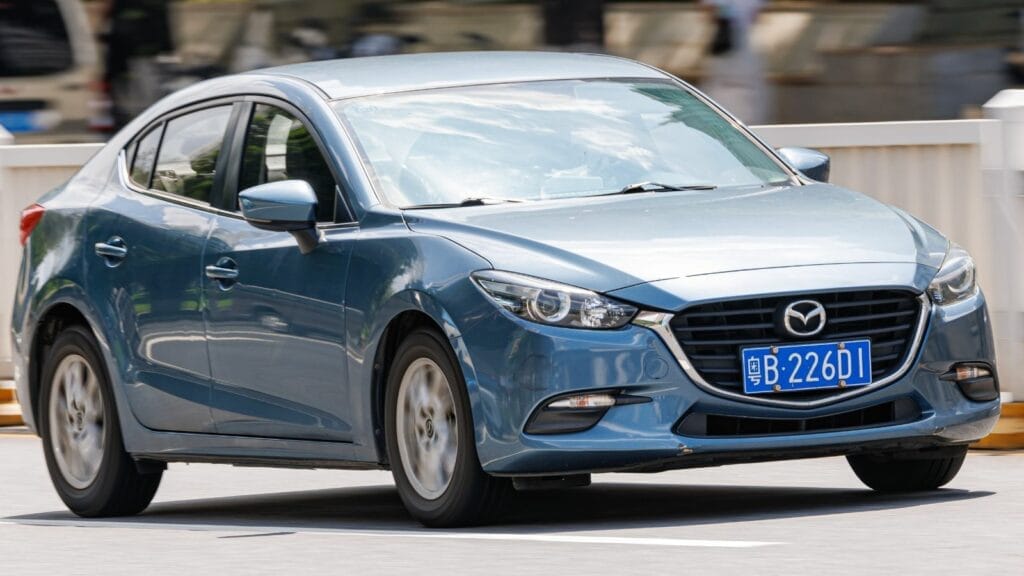Changing consumer preferences, rising interest in electric and hybrid options, and evolving lifestyle needs are reshaping the automotive landscape. Models that were once trusted by thousands are now being overlooked in favor of newer, more innovative options. Here are 22 former best-sellers that are tanking in Canadian sales.
Honda Civic
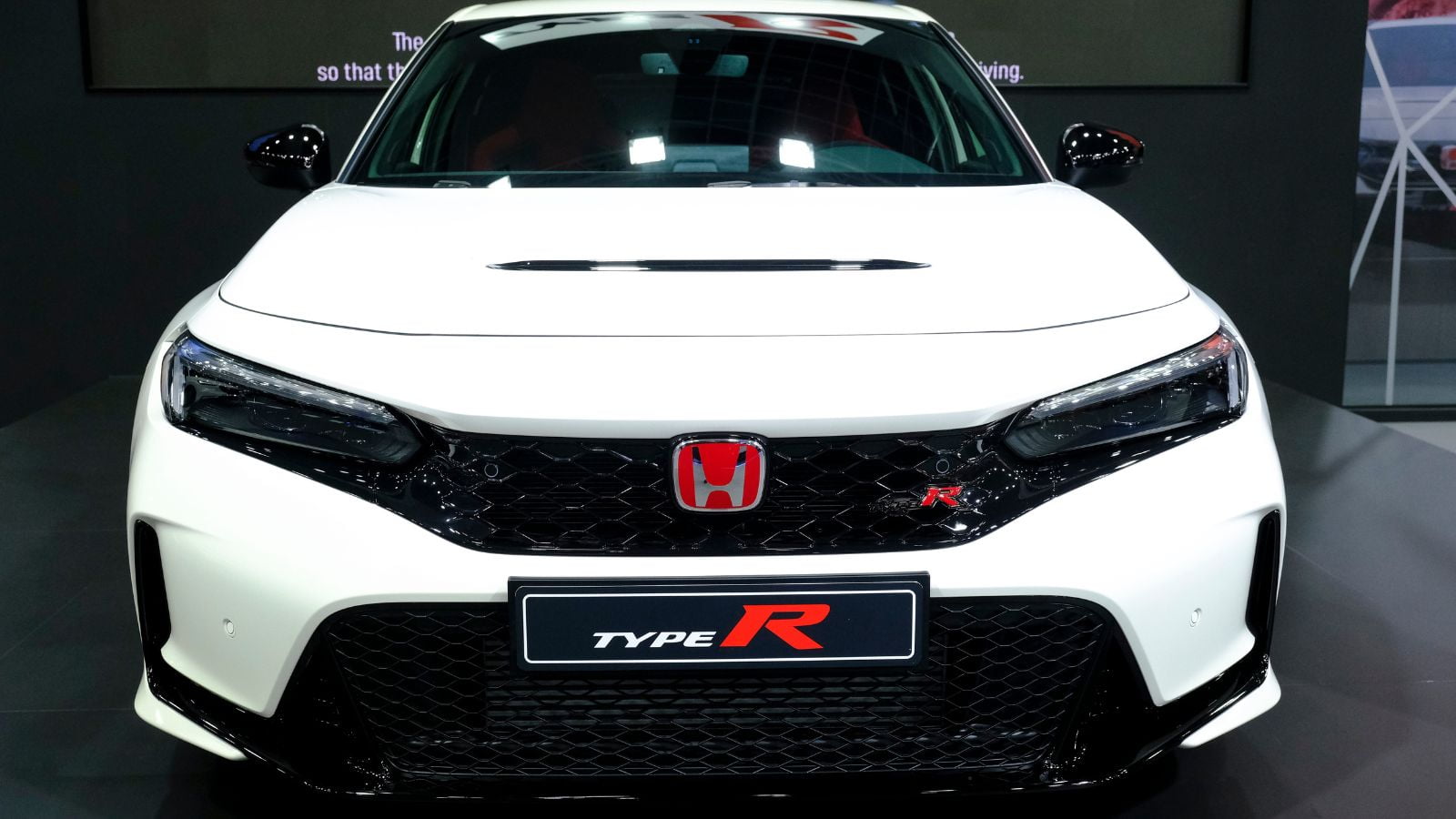
Once the crown jewel of compact cars in Canada, the Honda Civic is now struggling to hold its ground. A longtime best-seller for over two decades, it has seen declining sales due to rising competition from crossovers and SUVs. Canadian drivers also lean toward all-wheel-drive options, which the Civic doesn’t offer. The recent price hikes and limited availability of lower trims have further driven buyers toward alternatives. As more Canadians prioritize utility and versatility, the Civic, though still reliable, is no longer the default choice it once was.
Toyota Corolla
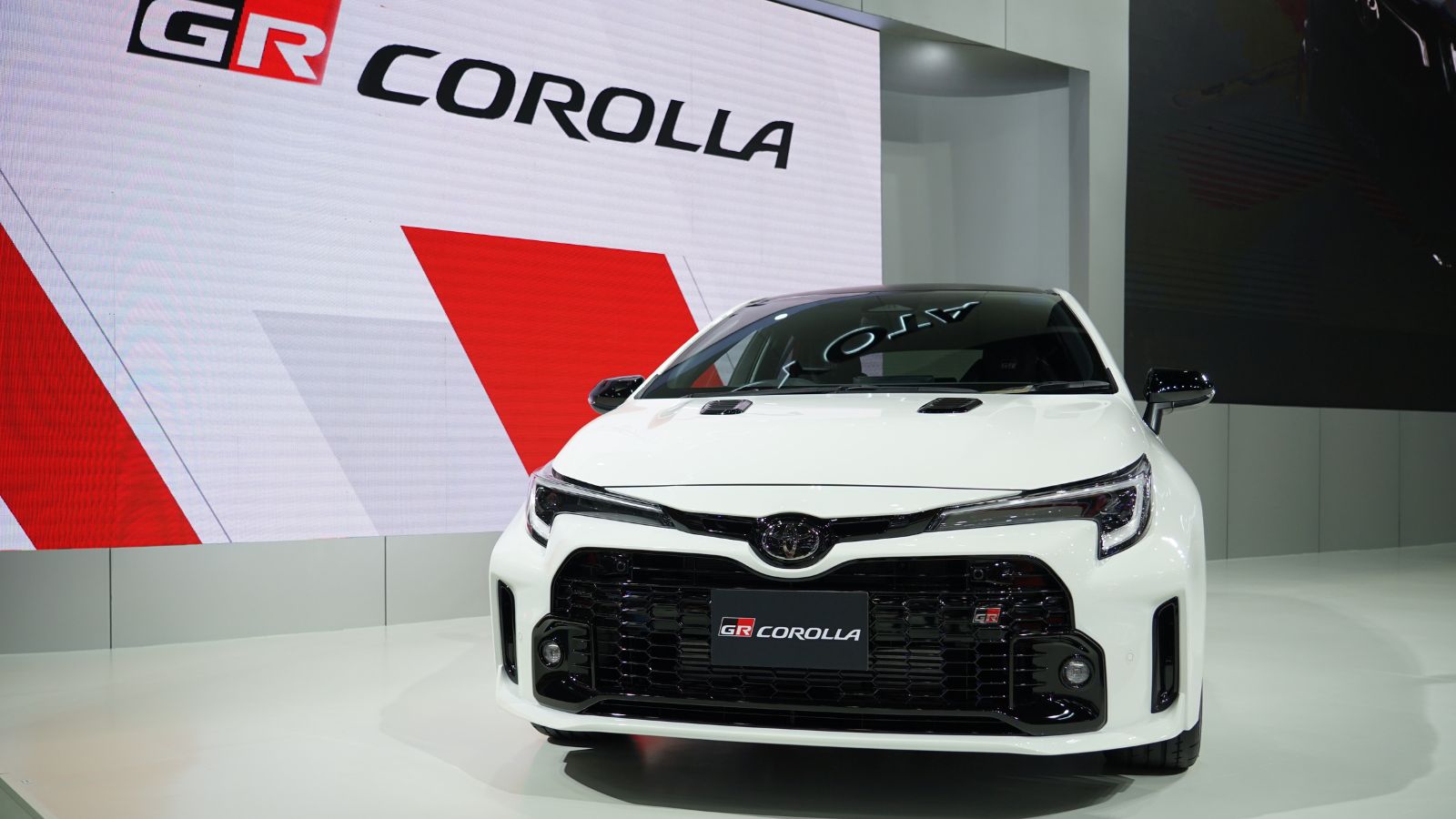
The Toyota Corolla has long been praised for its reliability and fuel efficiency, but it’s losing traction in Canada’s evolving market. Sales have dropped significantly in recent years as buyers shift toward compact SUVs that offer better ground clearance and more cargo space. While the Corolla still appeals to budget-conscious drivers, its traditional sedan styling no longer matches the lifestyle preferences of many Canadians. Even the introduction of the Corolla Cross hasn’t been enough to revive interest in the original model fully. As a result, this former staple is now slipping off the radar.
Hyundai Elantra
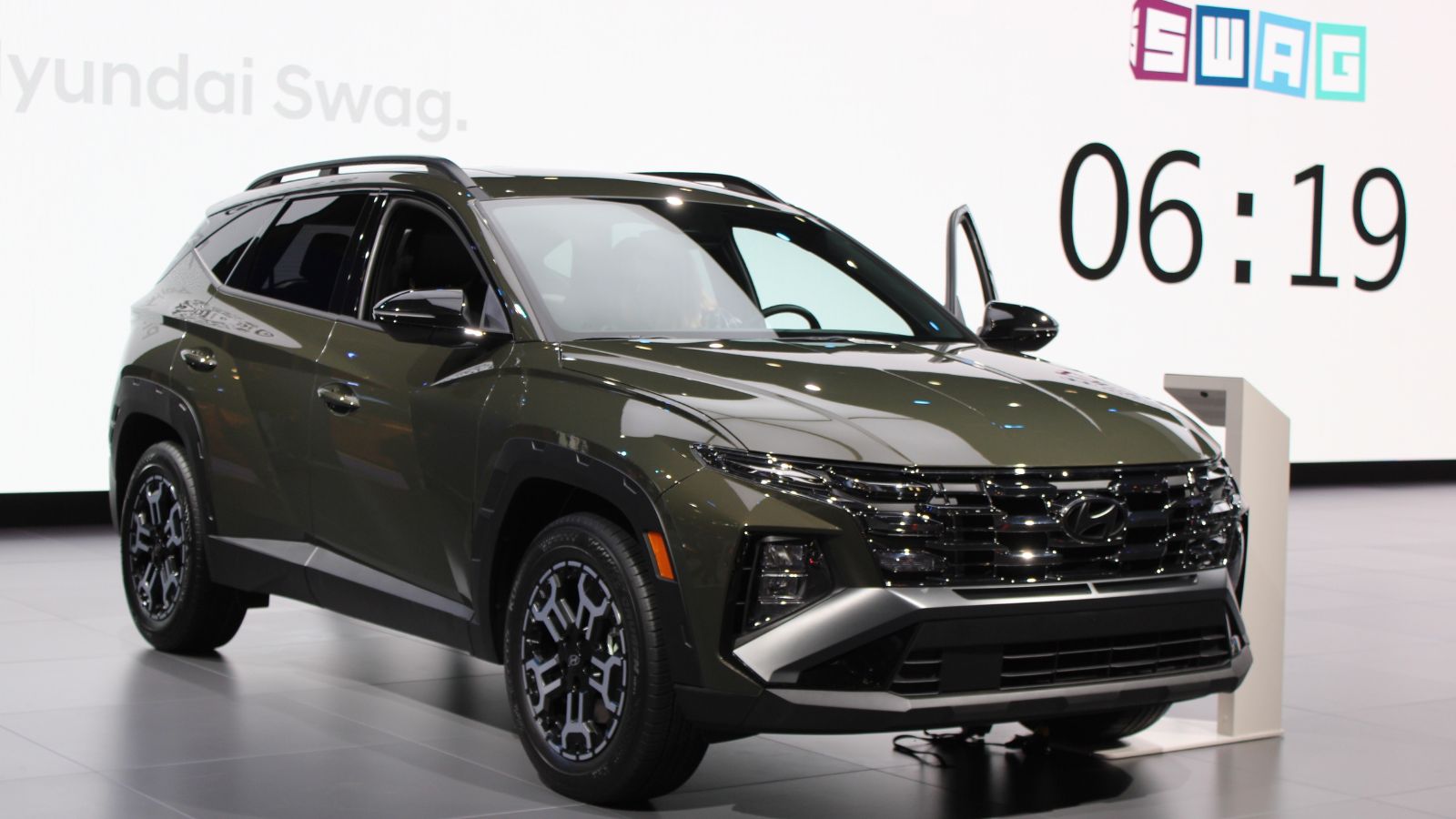
The Hyundai Elantra, once a major player in Canada’s compact sedan market, has seen a noticeable sales dip. While its bold redesign aimed to attract younger buyers, the shift toward crossovers and SUVs has worked against it. Canadian drivers increasingly want more versatility and all-wheel-drive options, which the Elantra lacks. Even with tech-forward features and decent fuel economy, it struggles to stay relevant in a market dominated by crossovers. As preferences evolve, the Elantra’s popularity continues to wane, making it less of a go-to option than it was just a few years ago.
Ford Escape
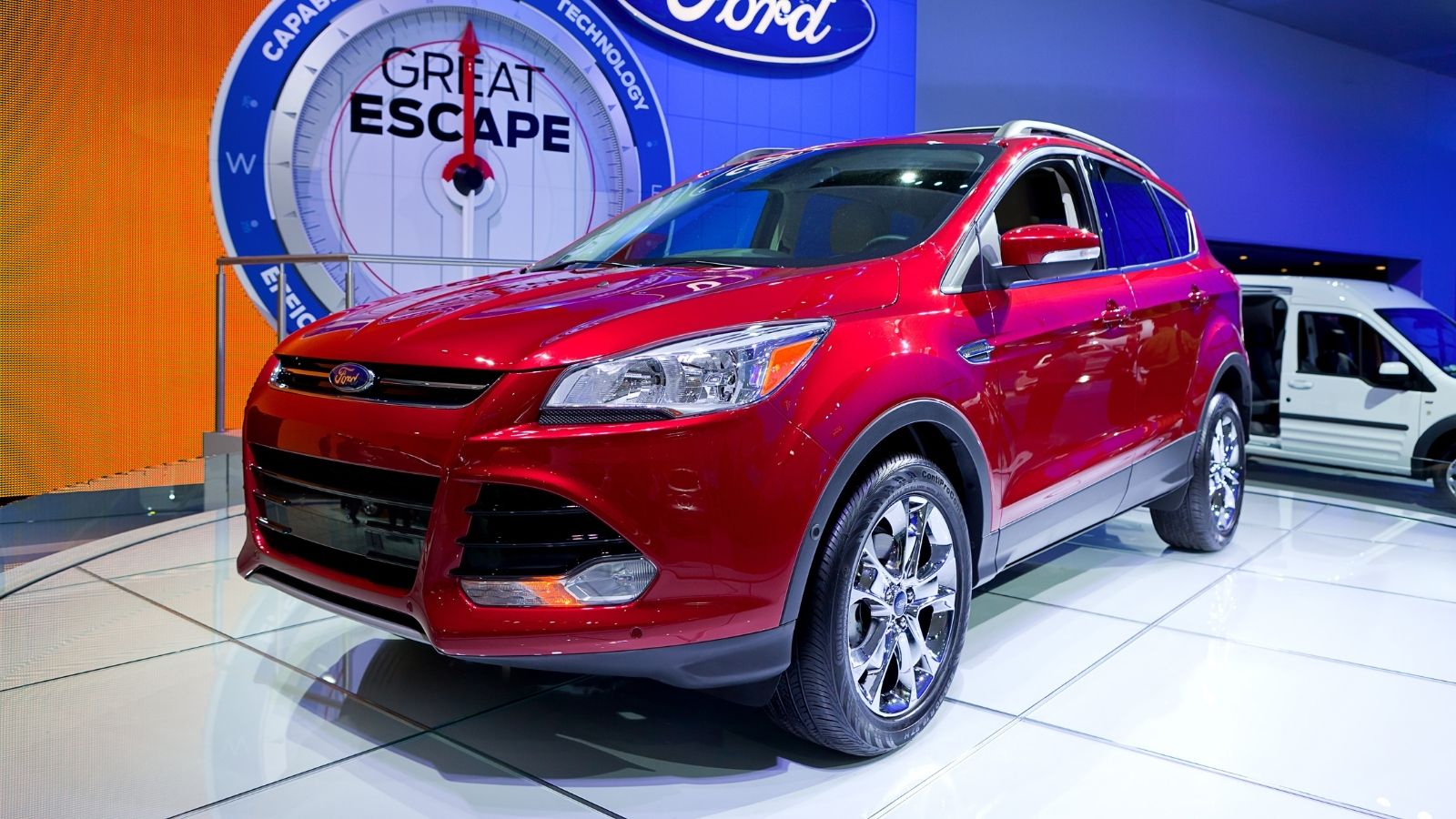
The Ford Escape was once a strong contender in Canada’s compact SUV segment, but its recent sales have taken a hit. With more advanced competitors entering the market, the Escape’s aging design and middling interior quality are turning buyers away. Reliability concerns and pricing that overlap with better-equipped rivals haven’t helped either. Additionally, Ford’s decision to scale back on certain trims and engine options has made the Escape feel less competitive. Despite its past success, the Escape is no longer top-of-mind for Canadians shopping for a family-friendly, fuel-efficient SUV.
Mazda3
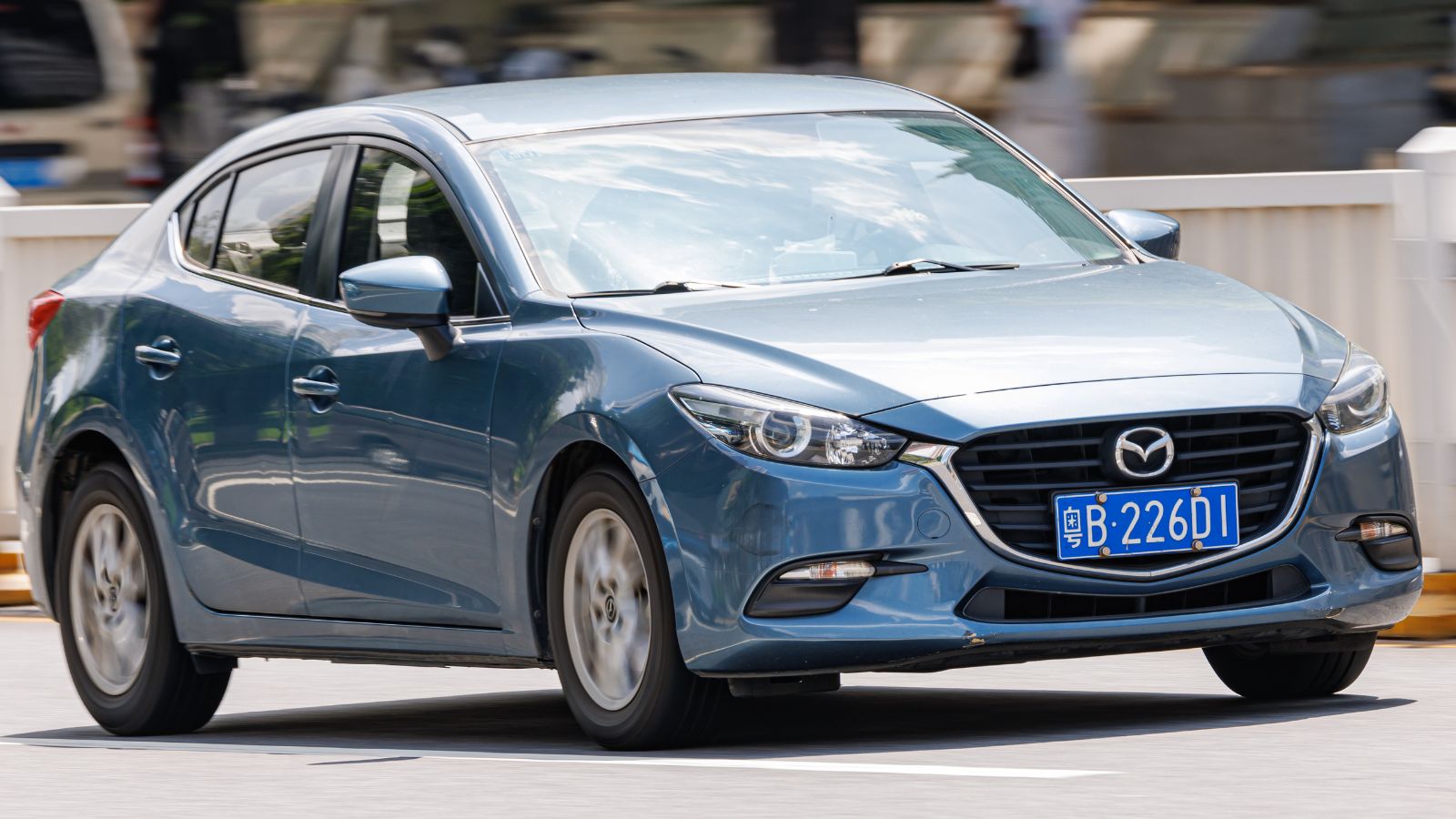
Mazda3 was once a favorite among Canadian drivers, known for its sporty handling and upscale interior. However, recent years have seen a sharp decline in its popularity. The growing dominance of compact SUVs has pushed the Mazda3 further into the background. While the brand has tried to elevate its premium feel, many buyers are opting for Mazda’s crossovers like the CX-30 instead. Limited rear-seat space and the absence of standard all-wheel drive are also working against it.
Chevrolet Equinox
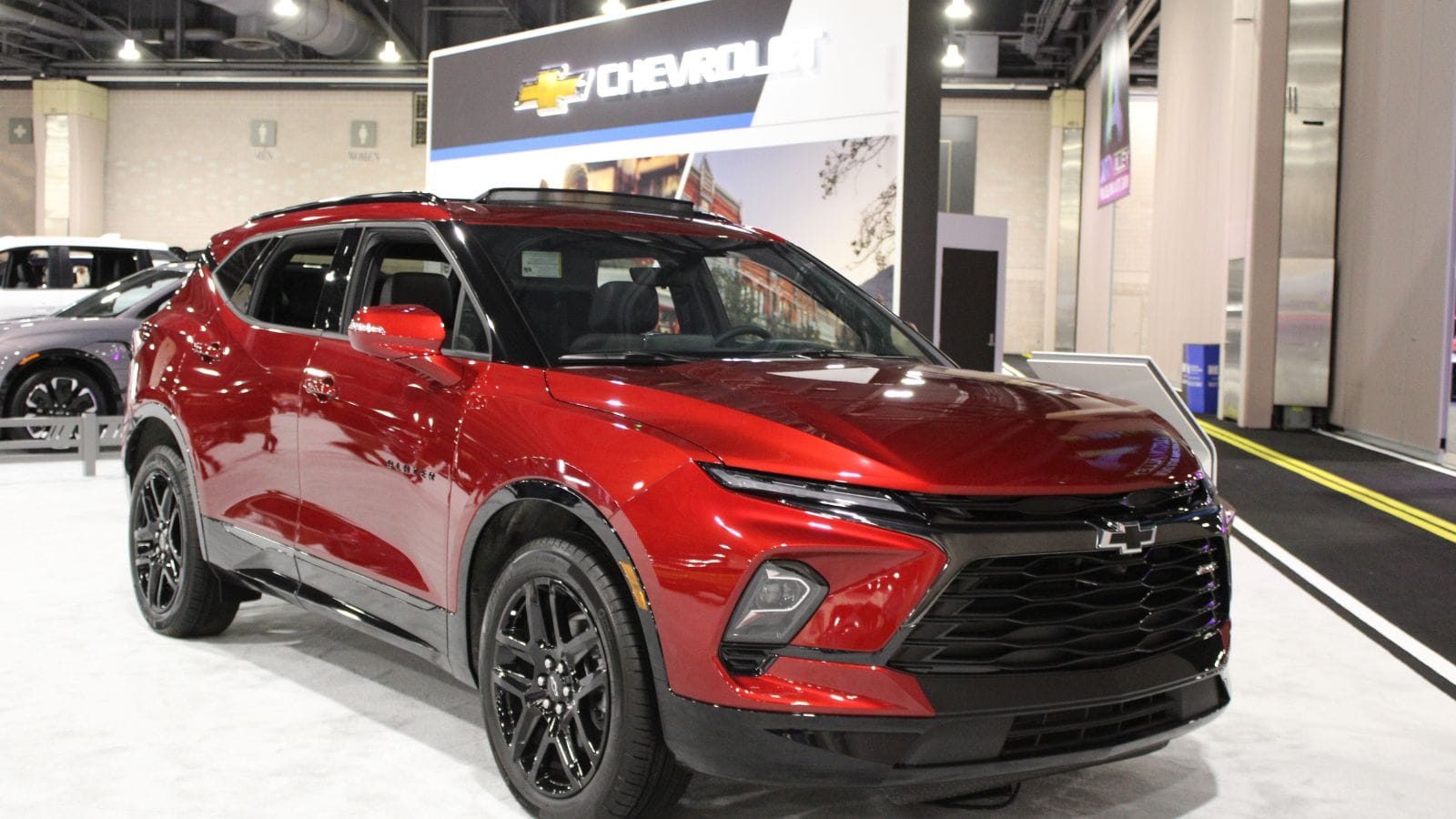
The Chevrolet Equinox enjoyed years of strong sales in Canada, but its momentum is fading. With newer, more refined compact SUVs entering the market, the Equinox feels dated in comparison. Issues like underwhelming interior materials, average fuel economy, and limited tech features have caused Canadian consumers to look elsewhere. Even with frequent discounts, the Equinox isn’t standing out the way it once did. As competition tightens in the SUV category, this former best-seller is losing its appeal and slipping in rankings.
Nissan Rogue
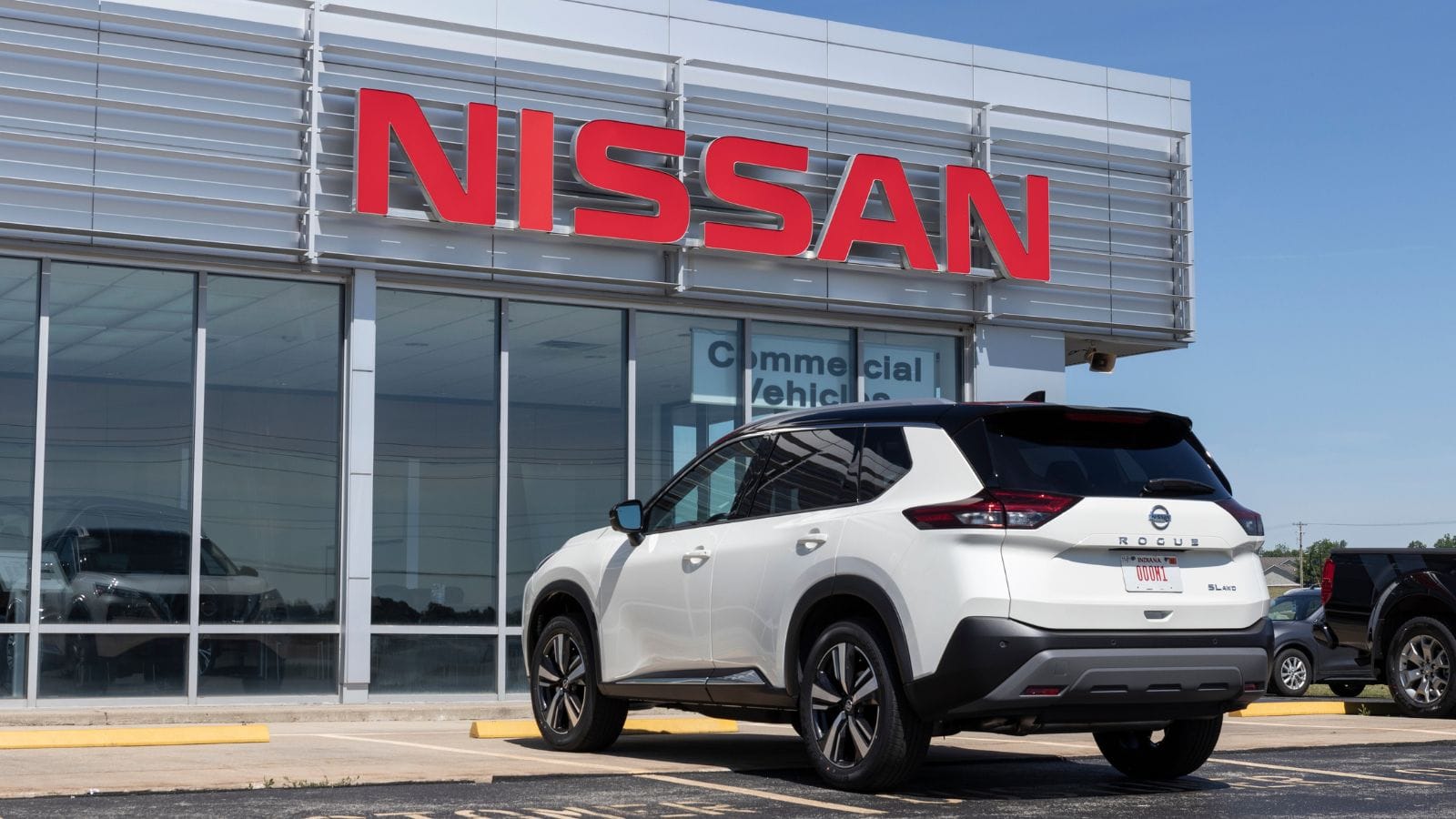
The Nissan Rogue has long been a top choice in Canada’s compact SUV market, but its popularity has been slipping. Despite a recent redesign, it still lags behind key competitors in reliability and performance. The continuously variable transmission (CVT), once seen as innovative, now draws frequent complaints from drivers. Rising prices and fewer standout features have made it harder for the Rogue to hold its ground. As more capable, tech-savvy options flood the market, Canadian buyers are moving away from the Rogue in search of better value and longer-term dependability.
Honda CR-V
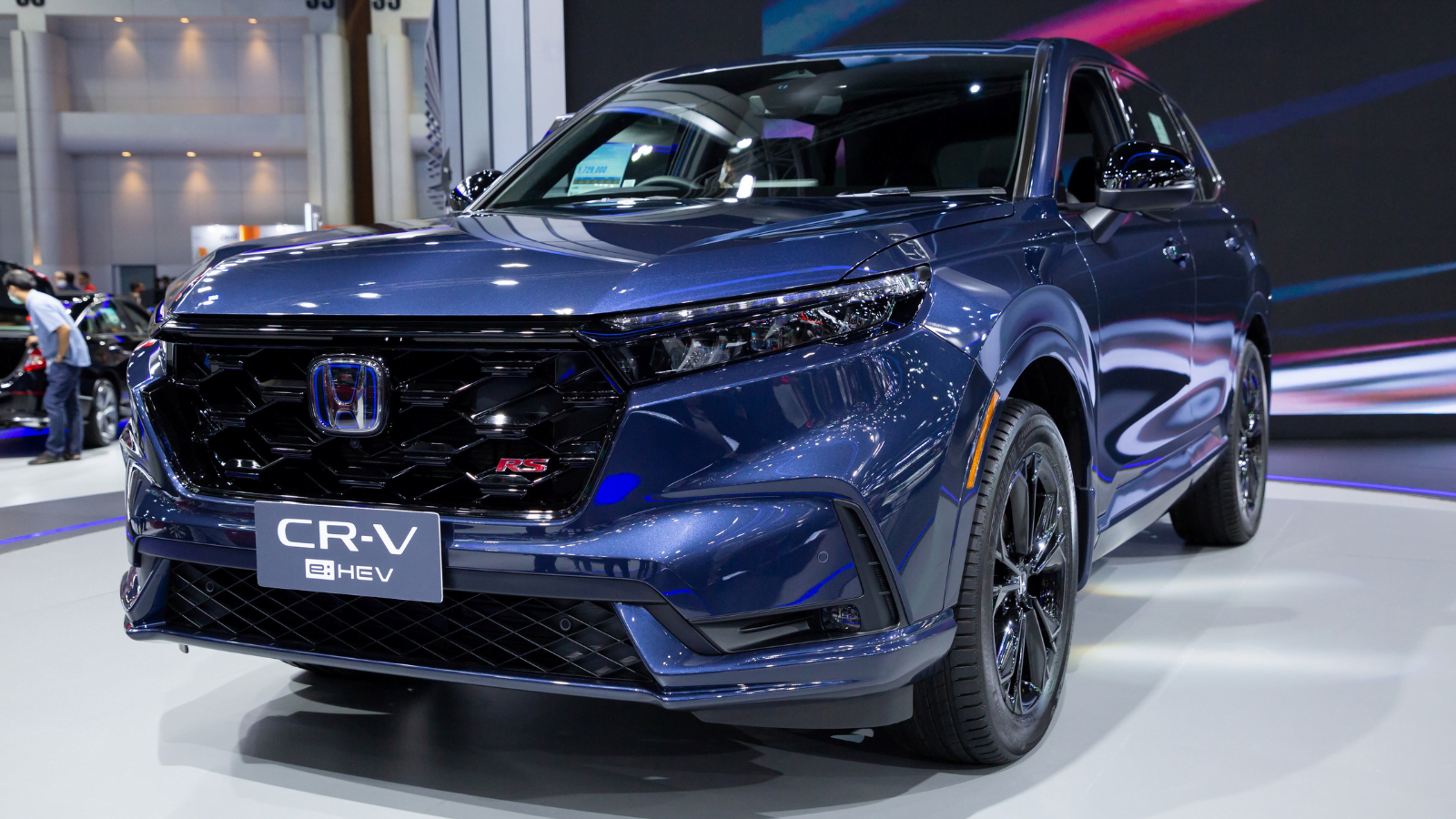
The Honda CR-V was once a sales titan in Canada, offering great reliability, spaciousness, and solid resale value. However, newer competitors have closed the gap — and in some cases, surpassed it. The latest CR-V generation brought some updates, but many Canadian drivers now see it as underwhelming compared to fresher, more innovative options. High pricing for upper trims, combined with lukewarm styling and limited tech improvements, has also pushed potential buyers toward other brands. While it remains decent overall, the CR-V’s days as a market leader are being challenged.
Toyota RAV4
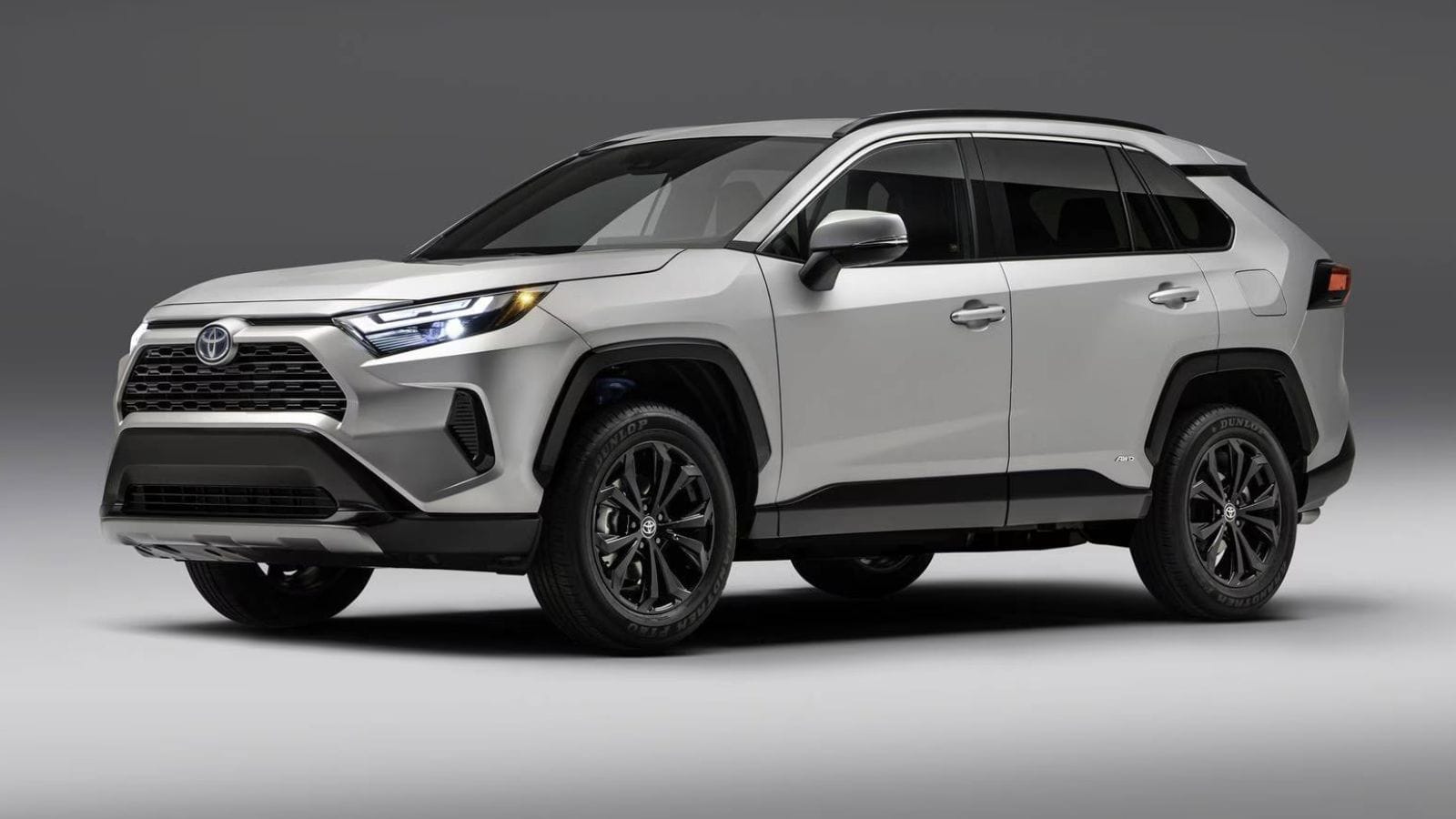
Once Canada’s best-selling SUV, the Toyota RAV4 is facing surprising headwinds. Although still strong in sales overall, its recent downward trend shows growing buyer fatigue. The ride quality feels stiff, the infotainment system lags behind competitors, and high trim prices are no longer justifiable. As Canadian drivers become more critical of value, comfort, and innovation, the RAV4’s long-standing dominance is eroding. New rivals offering smoother performance, better interiors, and more advanced features are gaining ground fast.
Dodge Grand Caravan
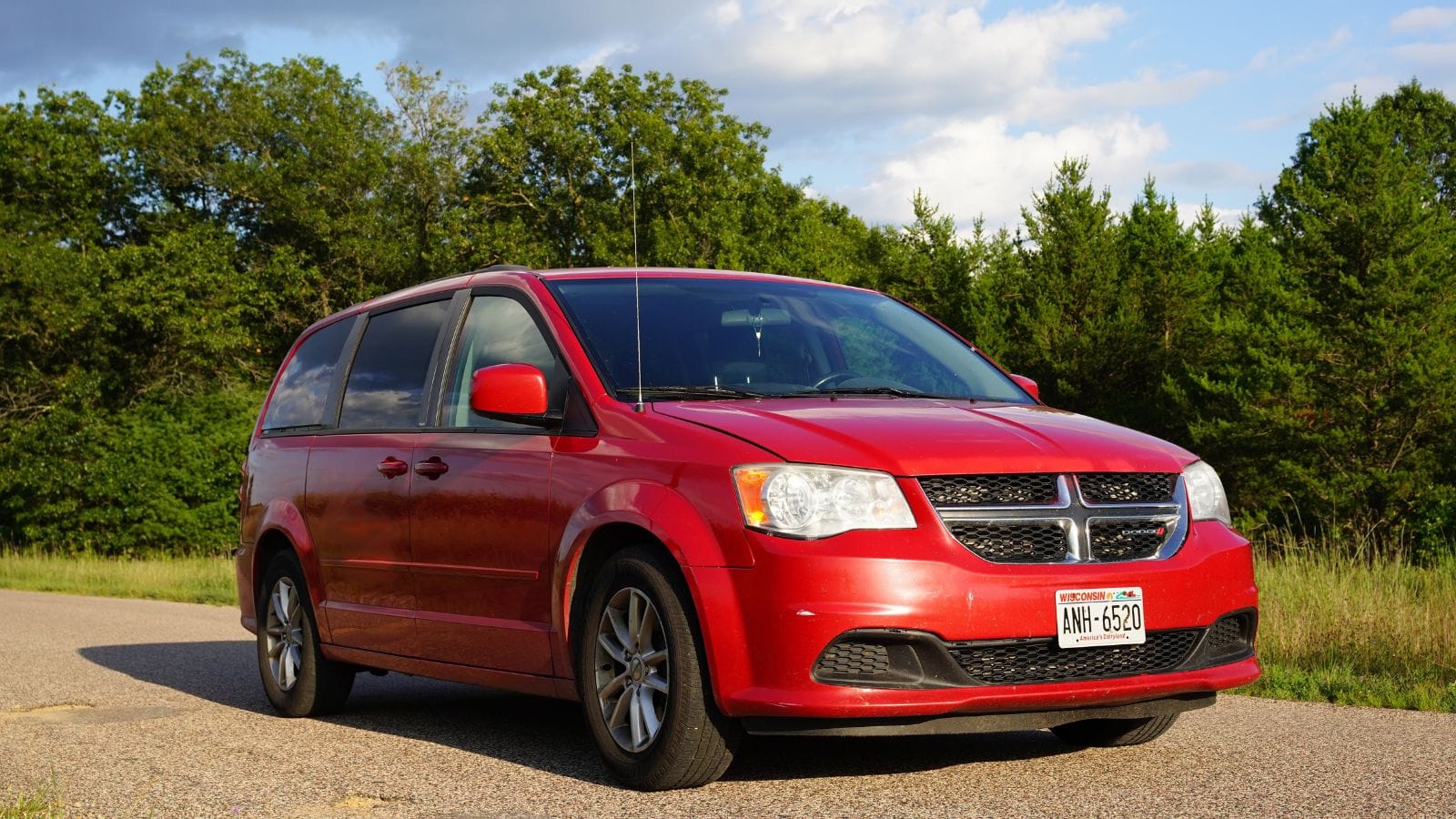
For years, the Dodge Grand Caravan dominated the minivan segment in Canada due to its affordability and practicality. However, it has now been officially discontinued, which naturally led to a sharp drop in sales. Beyond that, years of minimal updates, outdated tech, and declining build quality had already driven customers toward more modern alternatives like the Toyota Sienna and Chrysler Pacifica. The end of the Grand Caravan marks not just a sales decline but the exit of a once-iconic family vehicle from Canadian roads, leaving behind a legacy that has faded with time.
Ford Fusion
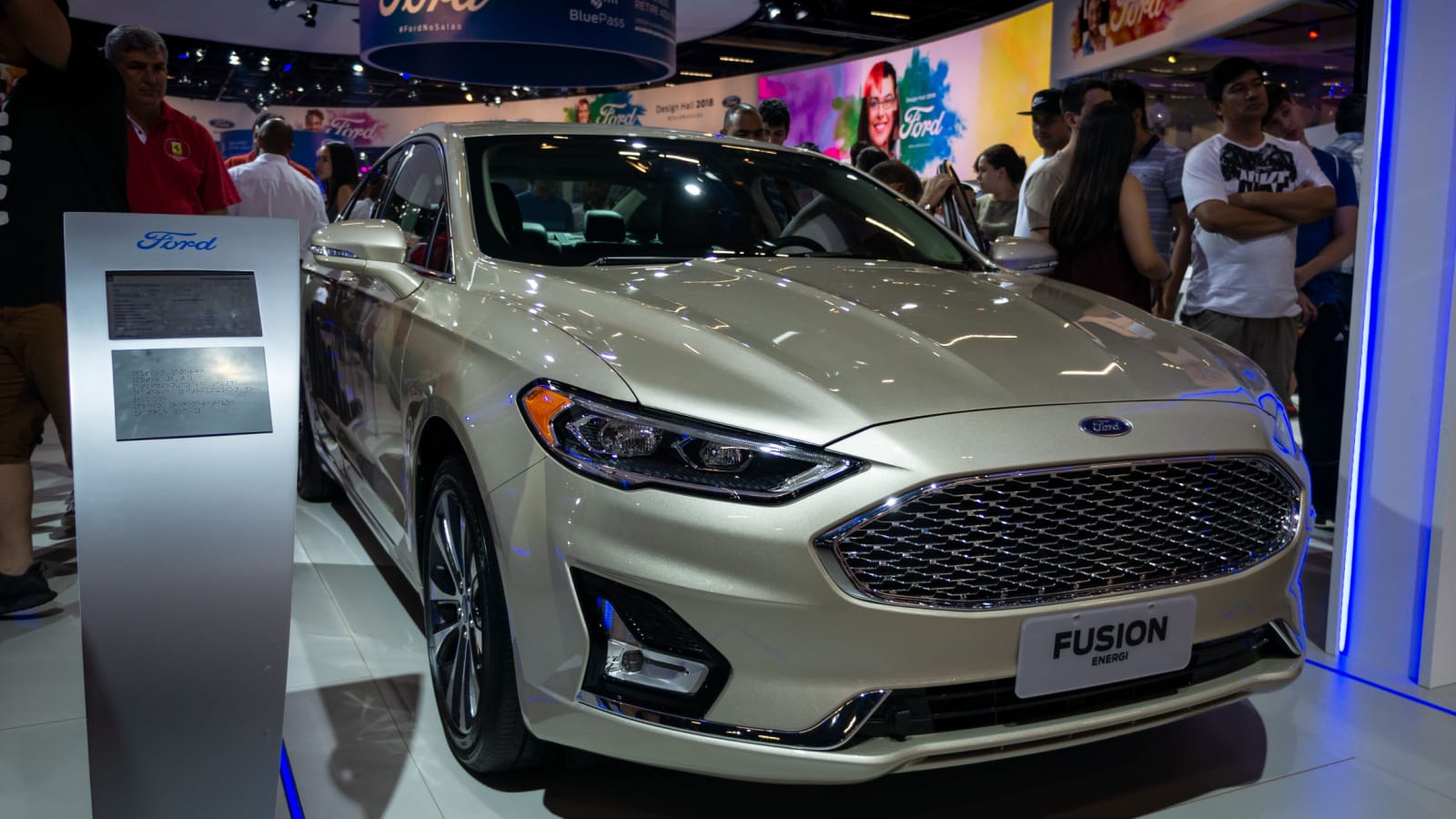
The Ford Fusion was once a strong performer in Canada’s midsize sedan category. Known for its smooth ride and sleek styling, it offered solid value. However, Ford’s decision to pull the plug on sedan production has sealed its fate. With the last Fusion models rolling out in 2020, dealers are no longer restocking them, and buyers are looking elsewhere. The absence of this model in the new-car market, combined with a growing preference for SUVs, has led to a sharp sales decline. Once a go-to option for families and commuters, the Fusion is now disappearing from Canadian roads.
Chevrolet Malibu
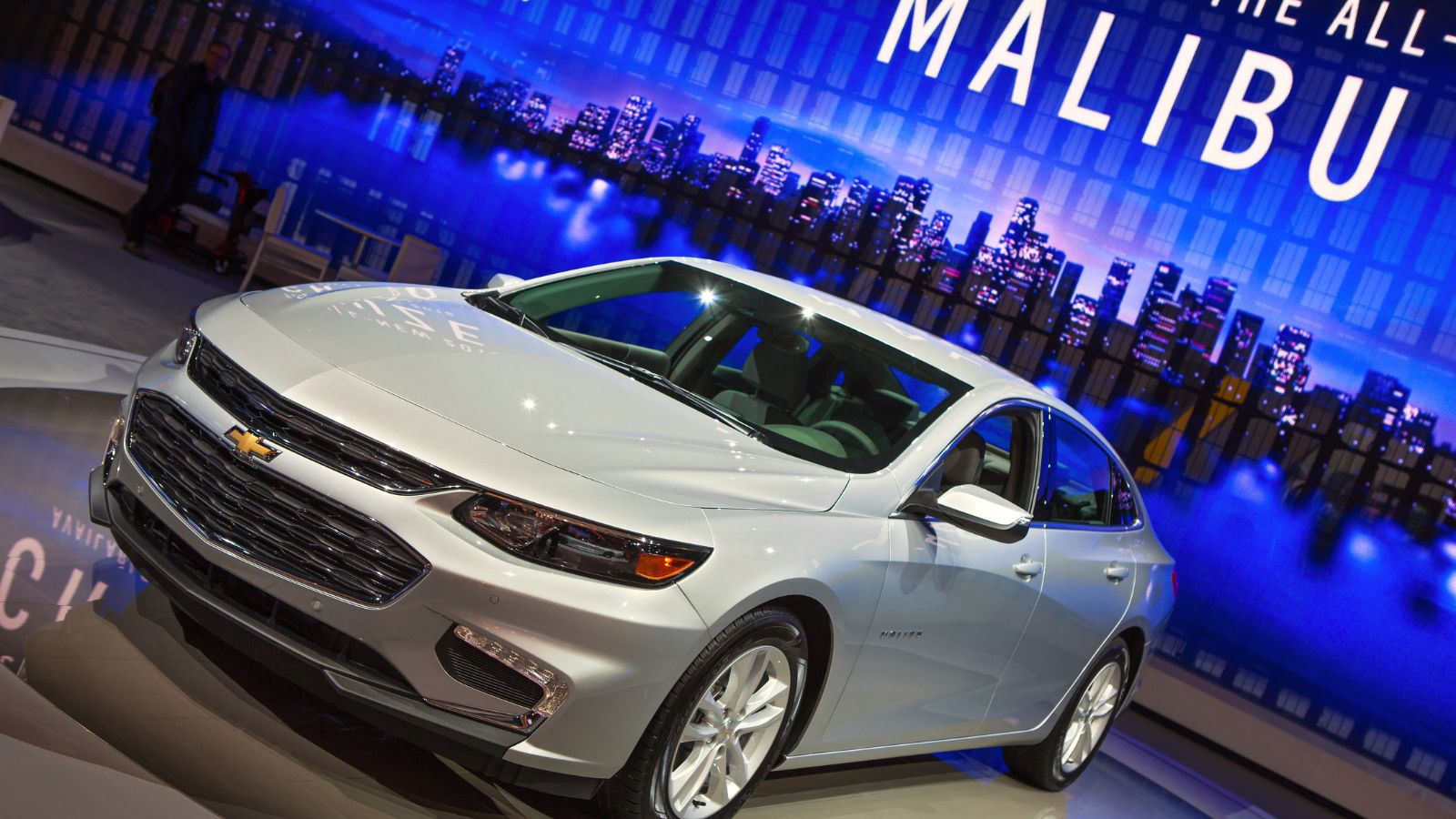
Once a staple in the midsize car segment, the Chevrolet Malibu is quickly becoming irrelevant in Canada. While it tried to keep up with rivals like the Toyota Camry and Honda Accord, the Malibu’s aging design and lackluster performance have hurt its appeal. Fewer tech upgrades and average fuel economy have made it harder to justify its price. With Chevrolet shifting its focus toward SUVs and electric vehicles, the Malibu’s future looks dim. Canadian drivers are steadily losing interest in sedans overall, and the Malibu hasn’t done enough to stand out in a shrinking category.
Volkswagen Jetta
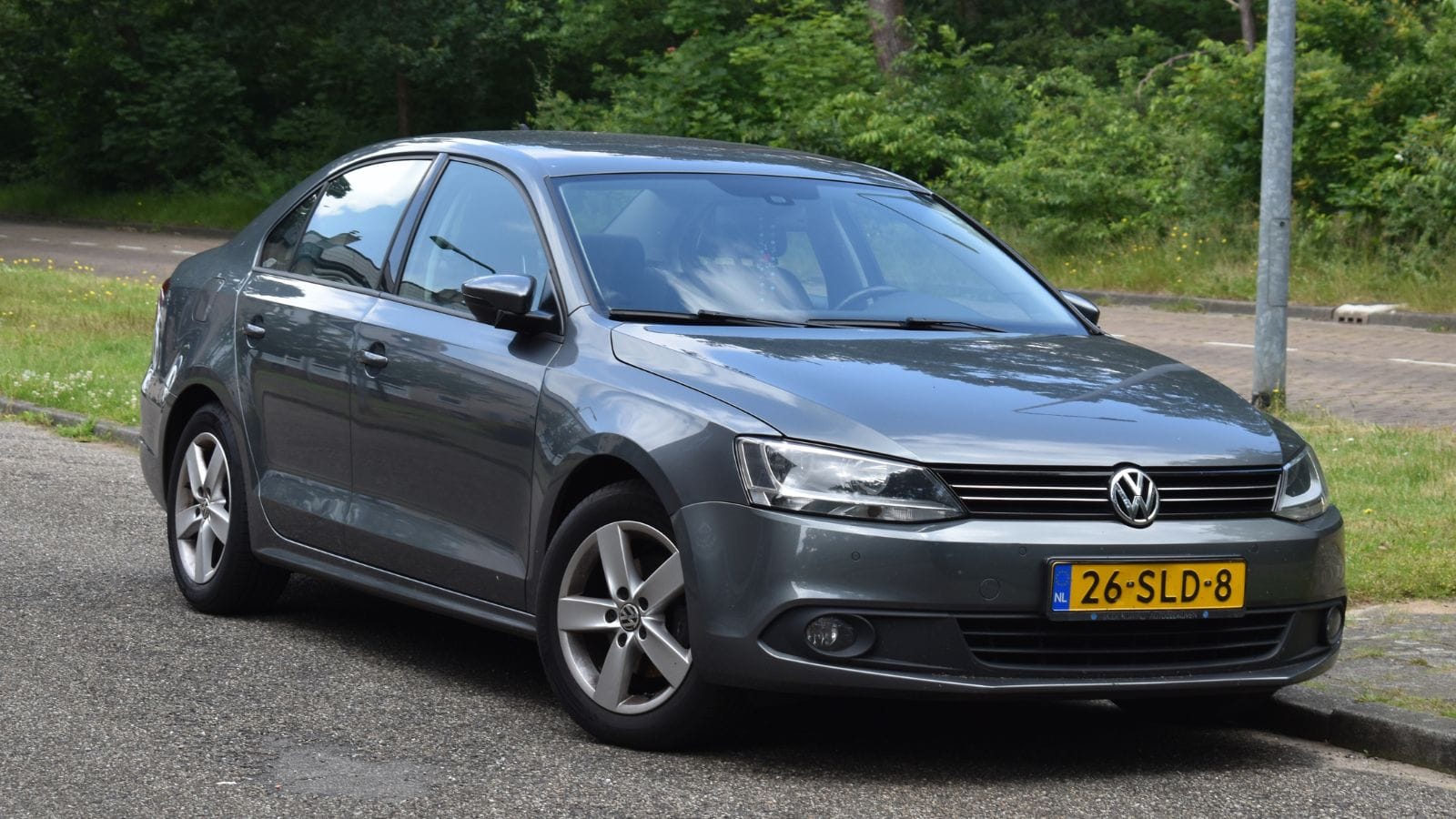
The Volkswagen Jetta was once prized for its German engineering and fun-to-drive nature, but recent models have failed to capture that same magic. Though still reasonably priced and fuel-efficient, the Jetta now feels bland in comparison to competitors offering better tech, more space, and bolder styling. Build quality and interior materials have also taken a hit, disappointing loyal fans. As the compact sedan market shrinks in Canada and crossovers take over, the decline of the Jetta has become more apparent.
Nissan Sentra
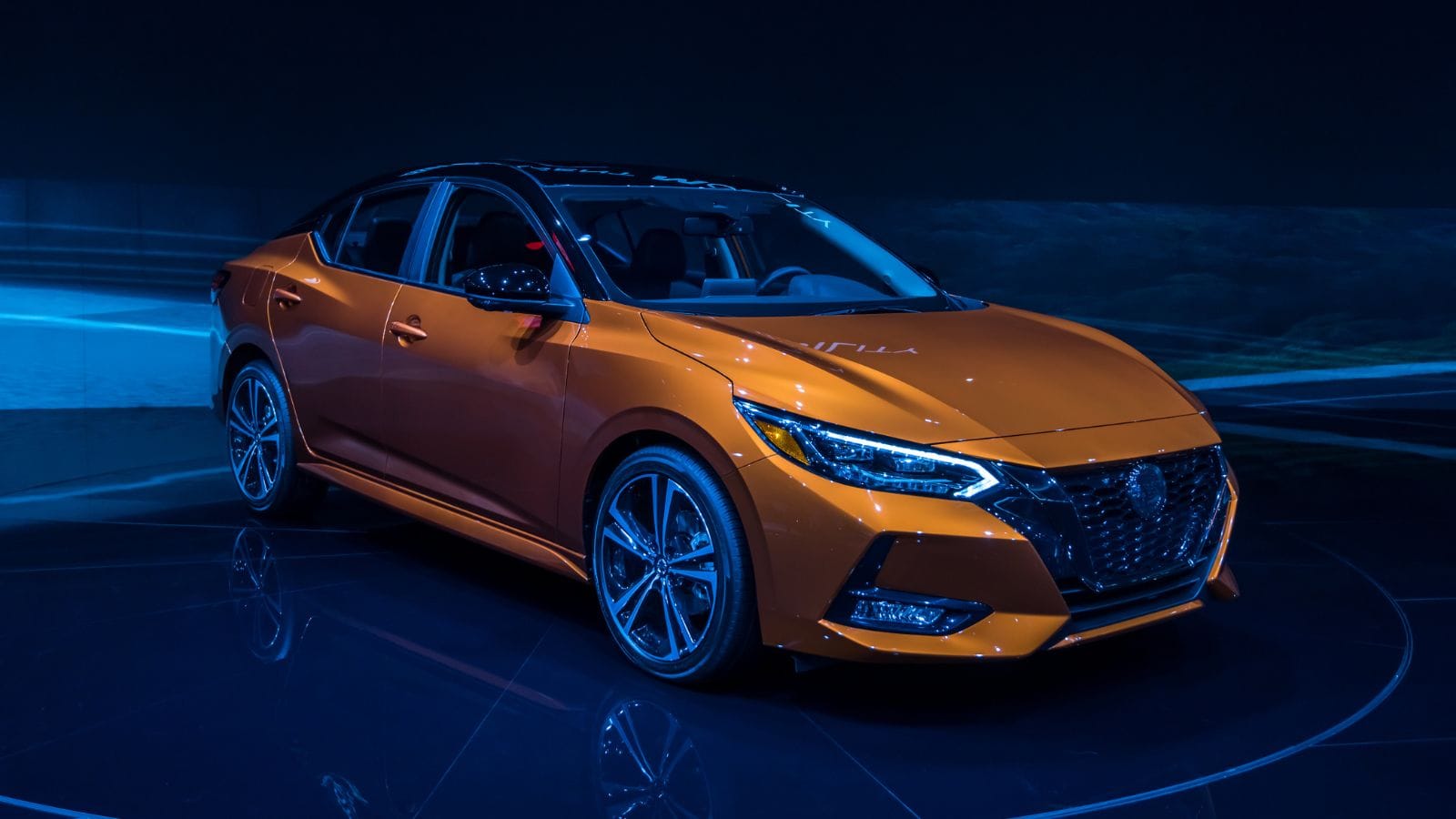
The Nissan Sentra was once a volume seller in Canada’s compact sedan segment, appealing to budget-conscious buyers. However, years of reliability concerns and underwhelming CVT performance have chipped away at its reputation. Even with its most recent redesign, the Sentra struggles to match the refinement and durability of competitors like the Honda Civic or Mazda3. Many drivers report lackluster acceleration, dated tech, and questionable resale value. In a market that values long-term dependability and strong driving dynamics, the Sentra has lost traction. Its former best-seller status is now just a memory for Canadian car shoppers.
Jeep Cherokee
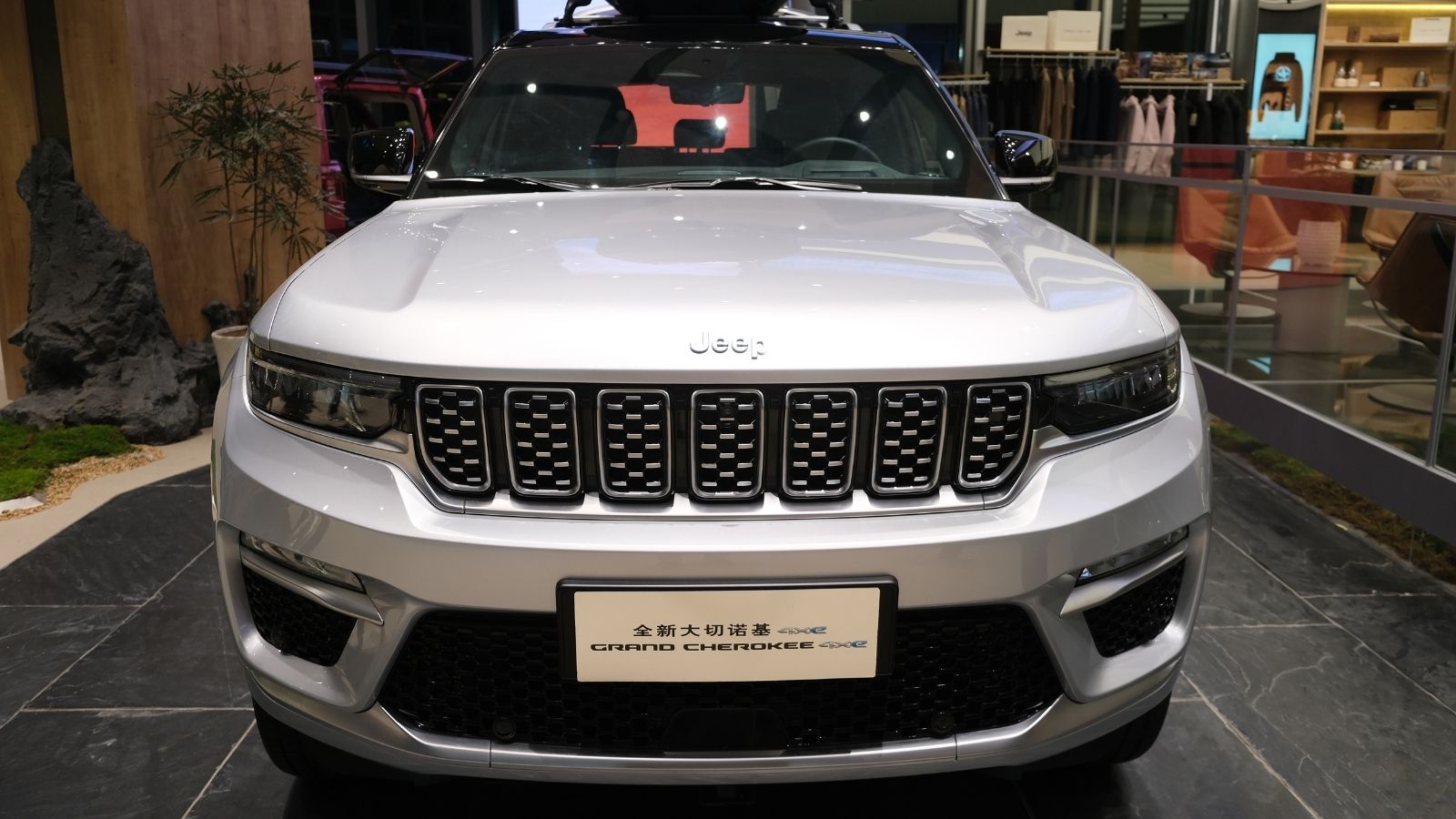
The Jeep Cherokee once held a strong position among compact SUVs in Canada, appealing to drivers who wanted rugged looks and off-road ability. However, a dated design, inconsistent reliability, and poor fuel economy have chipped away at its popularity. While competitors continue to evolve with hybrid options and improved tech, the Cherokee has lagged. Canadian buyers are shifting to more efficient and refined alternatives like the Toyota RAV4 or Honda CR-V. Despite its name recognition, the Cherokee’s sales have dipped significantly as it struggles to keep pace with the modern SUV market.
Kia Forte
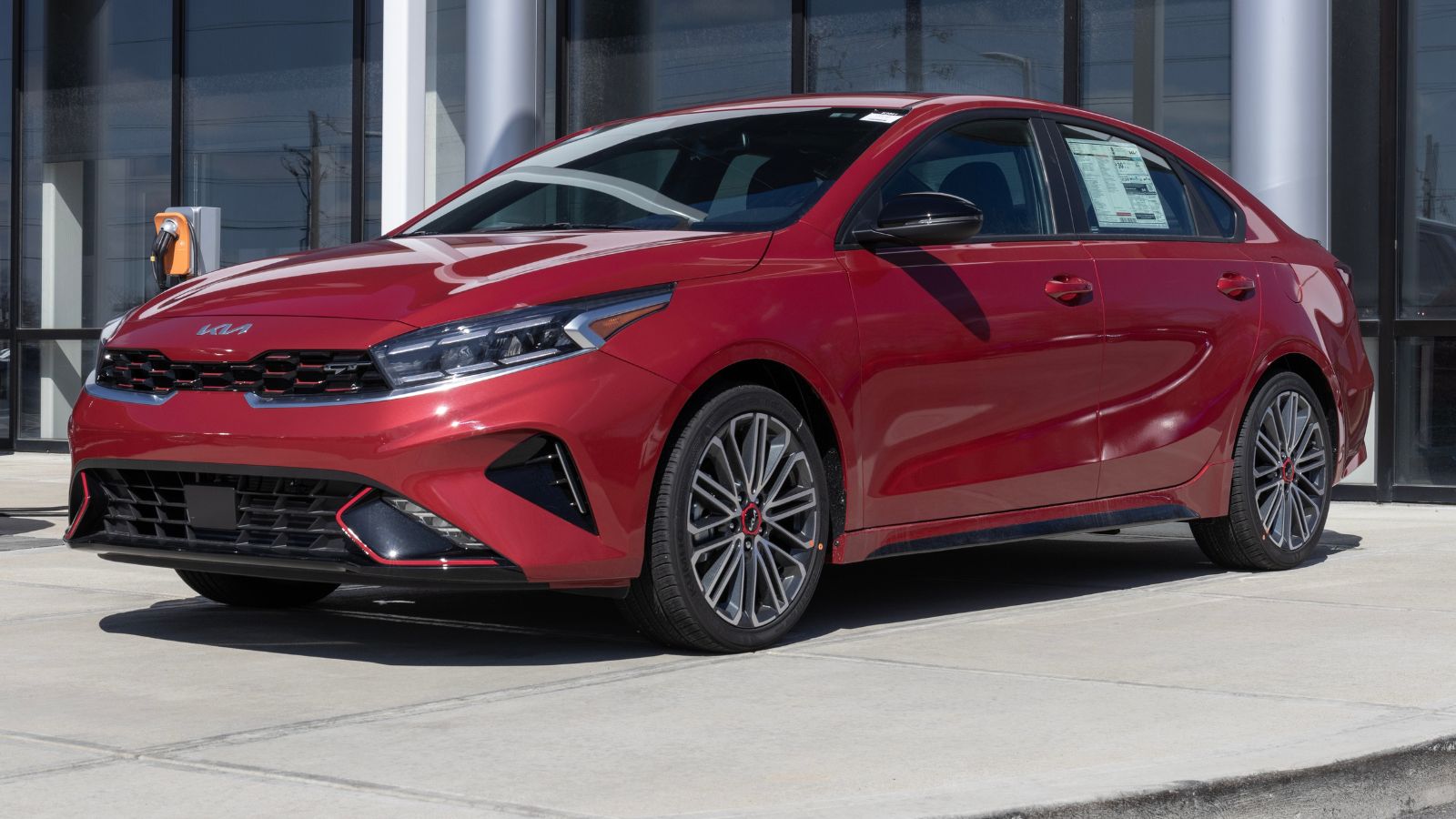
The Kia Forte gained traction as a reliable and affordable compact sedan, especially among younger drivers and budget-minded families. However, Canadian preferences have shifted toward crossovers and SUVs, leaving sedans like the Forte struggling to maintain relevance. Despite decent safety ratings and tech features, the Forte’s lack of excitement, average handling, and interior quality haven’t helped. Kia’s success in the SUV category with models like the Seltos and Sportage may also be pulling attention away. As a result, Forte sales have slumped across Canada, reflecting the broader decline of compact cars in today’s market.
Subaru Impreza
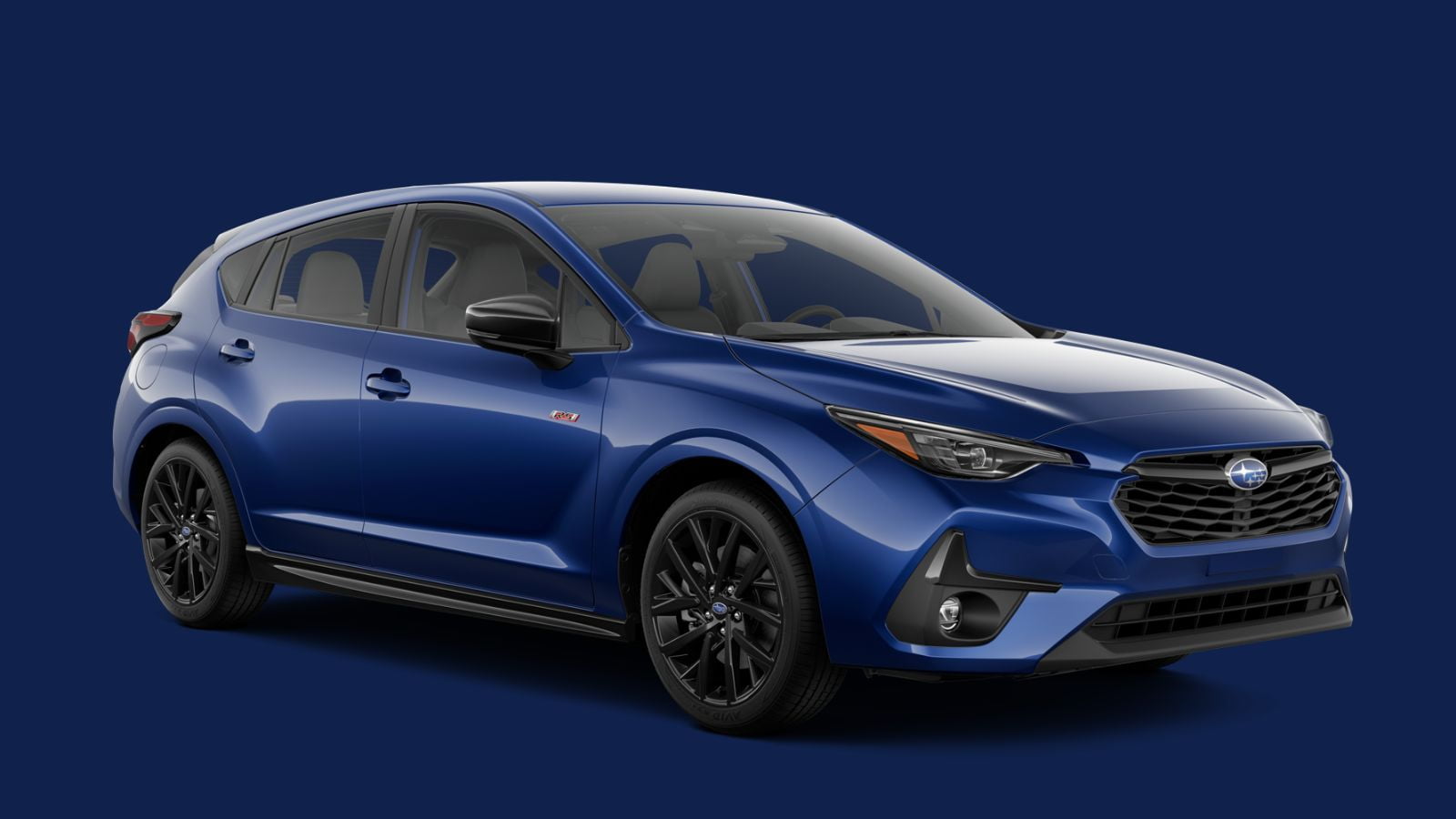
The Subaru Impreza stood out for offering all-wheel drive as standard, a huge selling point in Canada’s harsh winters. However, its aging design and underpowered engine have started to wear thin with consumers. While Subaru loyalists appreciate its practicality and safety features, competitors offer newer models that offer better fuel efficiency, upgraded interiors, and stronger performance. As Canadians gravitate toward SUVs and more dynamic compact cars, the Impreza has seen its sales decline. Even with its AWD advantage, the Impreza is no longer a top choice for Canadian drivers looking for versatility and value.
Chrysler 300
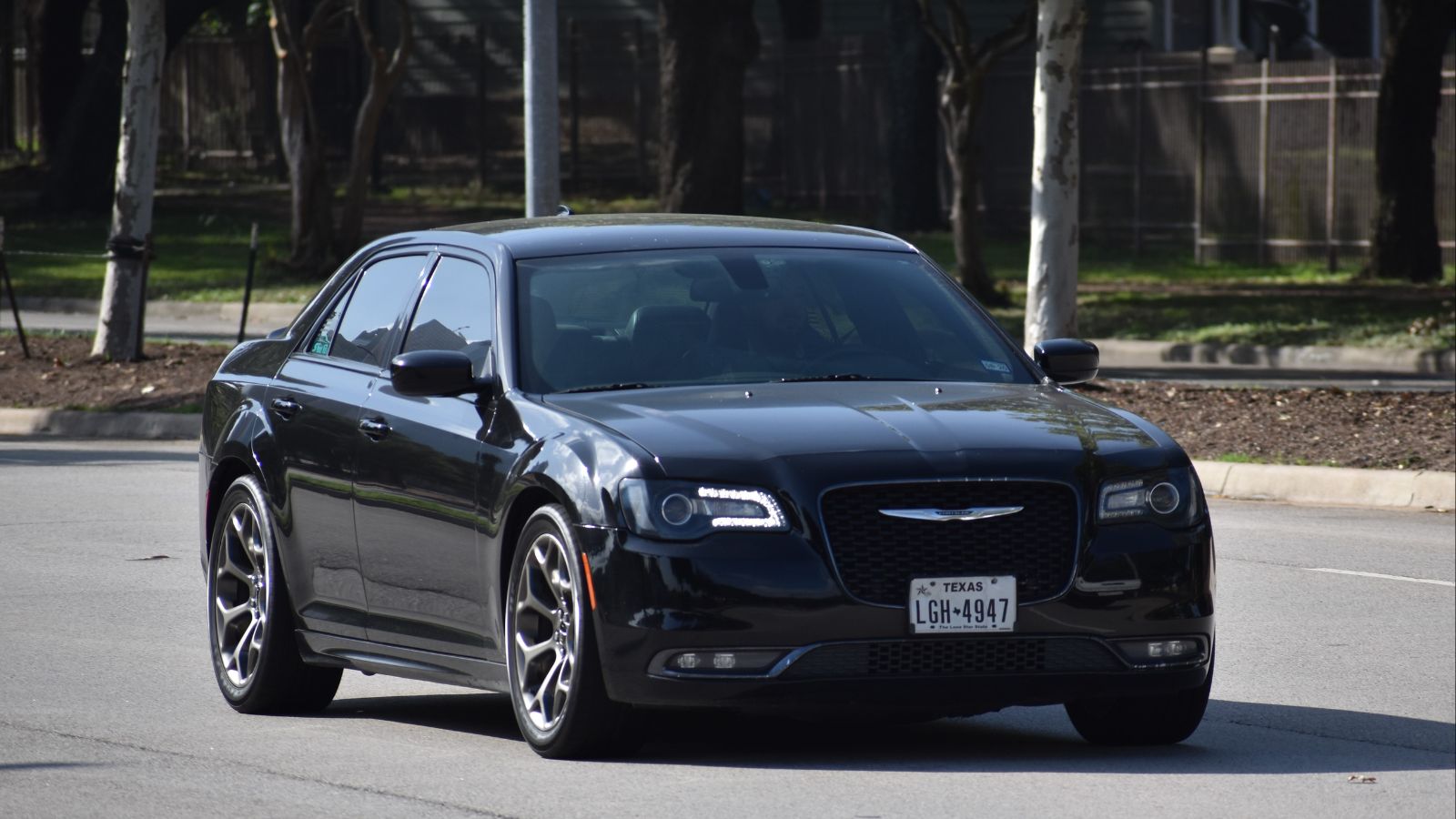
Once celebrated for its bold styling and smooth V6 or V8 power, the Chrysler 300 has lost much of its appeal in the Canadian market. As full-size sedans fade from popularity, the 300’s old-school design and limited updates make it feel outdated. Buyers now prefer fuel-efficient crossovers or EVs, and the 300’s bulky size and high fuel consumption do it no favors. Chrysler’s shift in focus toward electrification leaves the 300 behind, with no clear successor in sight. Canadian sales have dwindled, turning this former luxury-sedan favorite into an afterthought on dealership lots.
Buick Encore
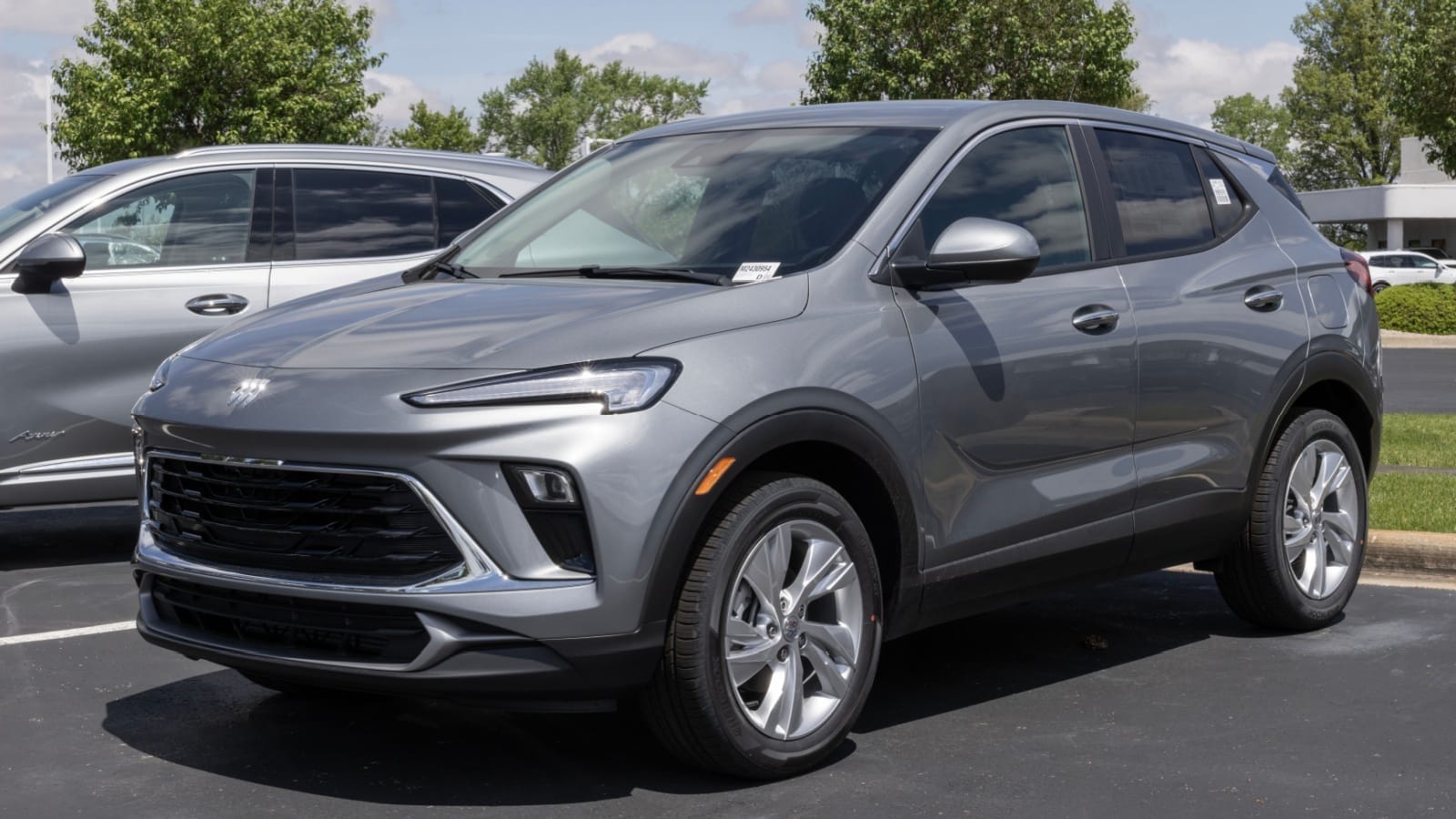
The Buick Encore was once a surprise hit in Canada’s compact SUV market, thanks to its upscale look and affordable entry price. However, changing buyer expectations and fierce competition have left the Encore behind. Its dated design, underwhelming engine, and lack of standout features make it less appealing than newer rivals like the Mazda CX-30 or Hyundai Kona. As GM shifts focus to electric vehicles and more modern SUVs, the Encore is being phased out. Its drop in sales reflects a broader trend — Canadians are demanding more for their dollar, and the Encore no longer delivers.
Mitsubishi Outlander
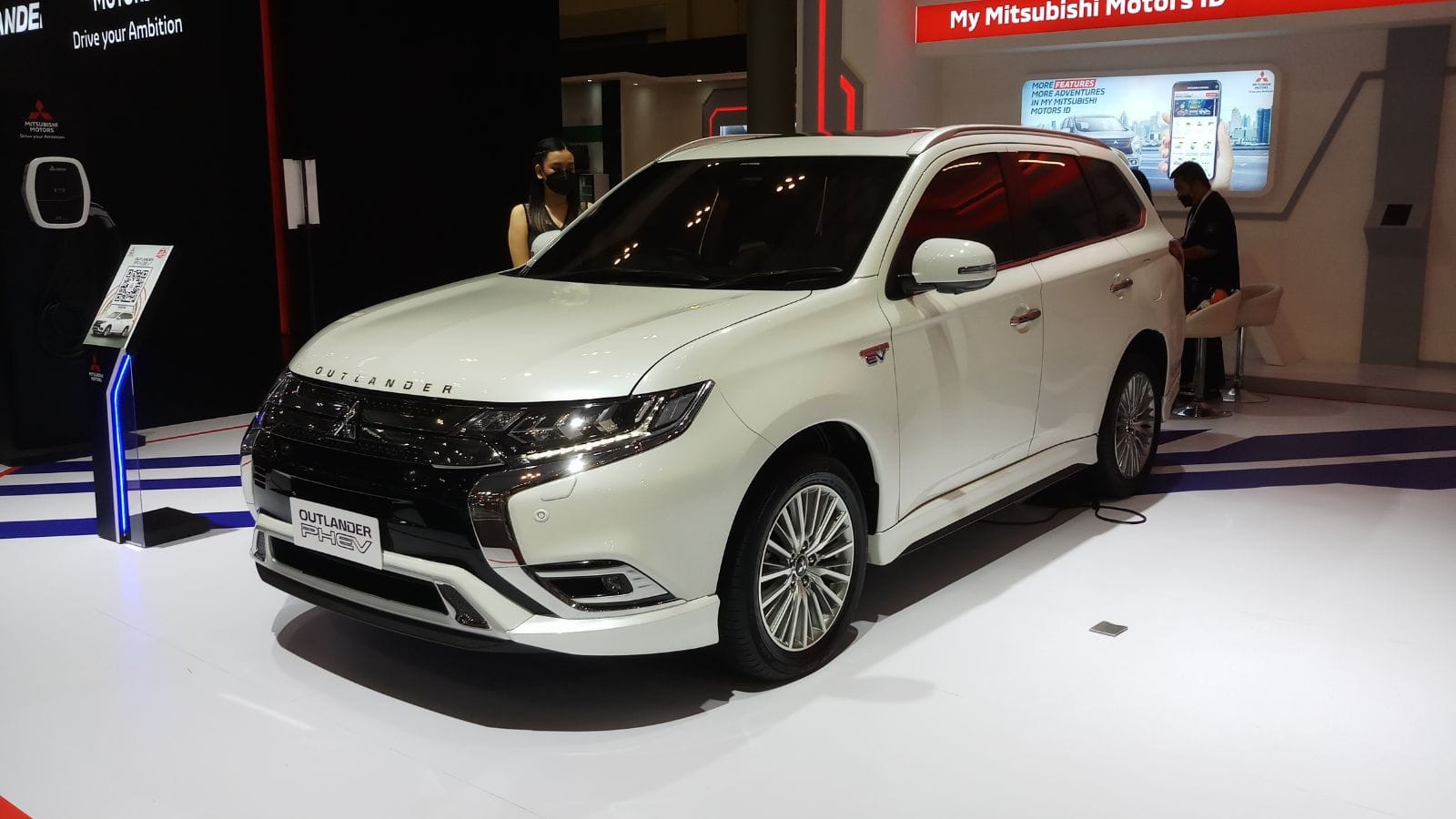
The Mitsubishi Outlander had a strong run in Canada, offering third-row seating, all-wheel drive, and competitive pricing. But recent updates haven’t done enough to keep it relevant. Though it now shares its platform with the Nissan Rogue, many Canadian drivers still find the Outlander lacking in refinement and performance. The plug-in hybrid variant brought attention for a time, but it hasn’t been enough to reverse the declining sales trend. In a crowded SUV market with better-reviewed alternatives, the Outlander’s value proposition has weakened, and Canadian buyers are taking notice, pushing this former favorite further down the charts.
Hyundai Sonata
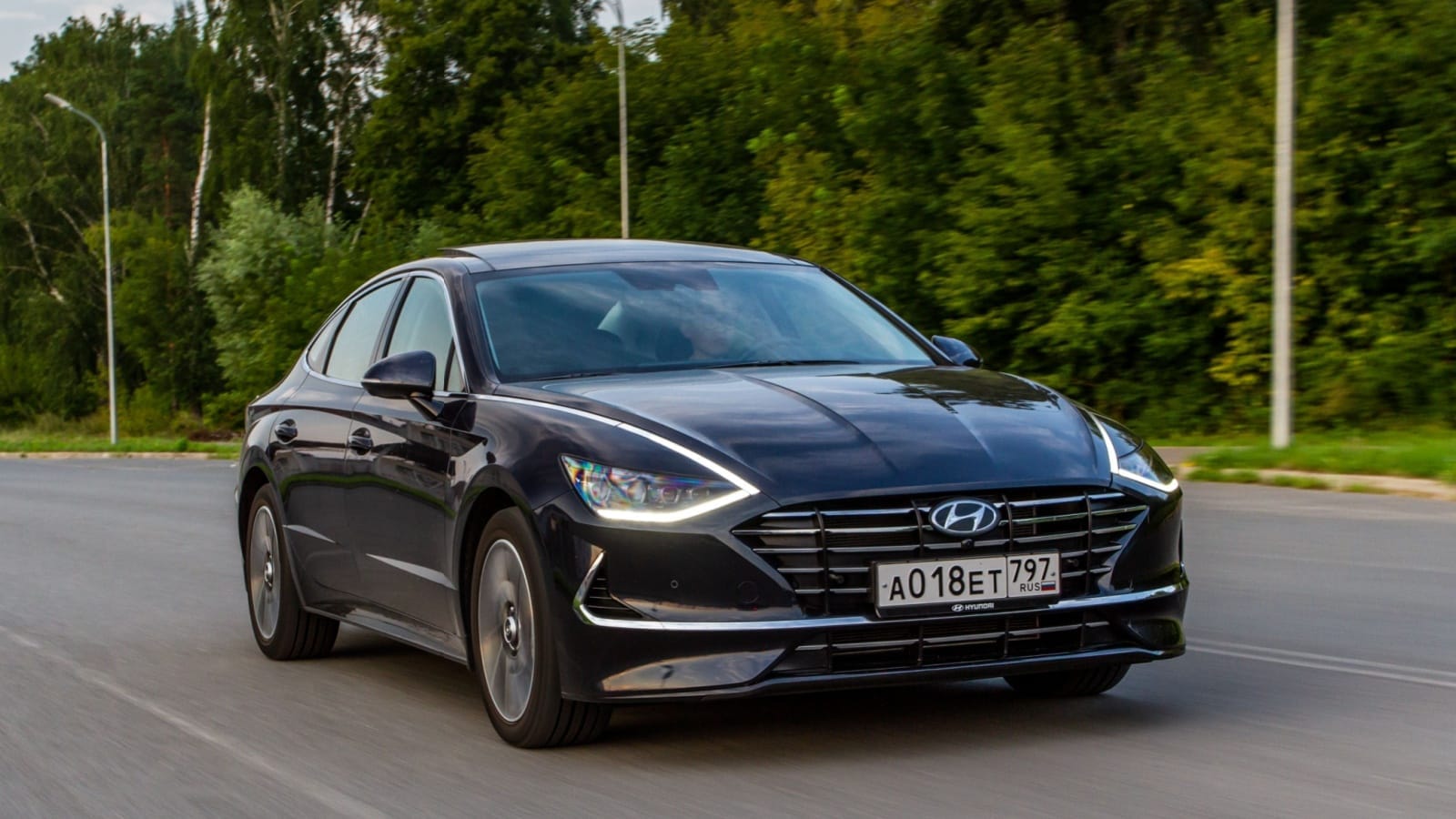
The Hyundai Sonata once stood tall among midsize sedans in Canada, praised for its bold styling, safety tech, and generous warranty. However, like most sedans, it has been hit hard by the SUV boom. Despite Hyundai’s best efforts to update its design and add features, Canadian drivers have shifted focus to more practical crossovers. Even longtime Sonata fans are making the jump. The result? Declining showroom presence and reduced fleet interest. While it’s still a competent vehicle, the Sonata no longer resonates with the Canadian market as it once did, causing its sales to fade away steadily.
GMC Terrain
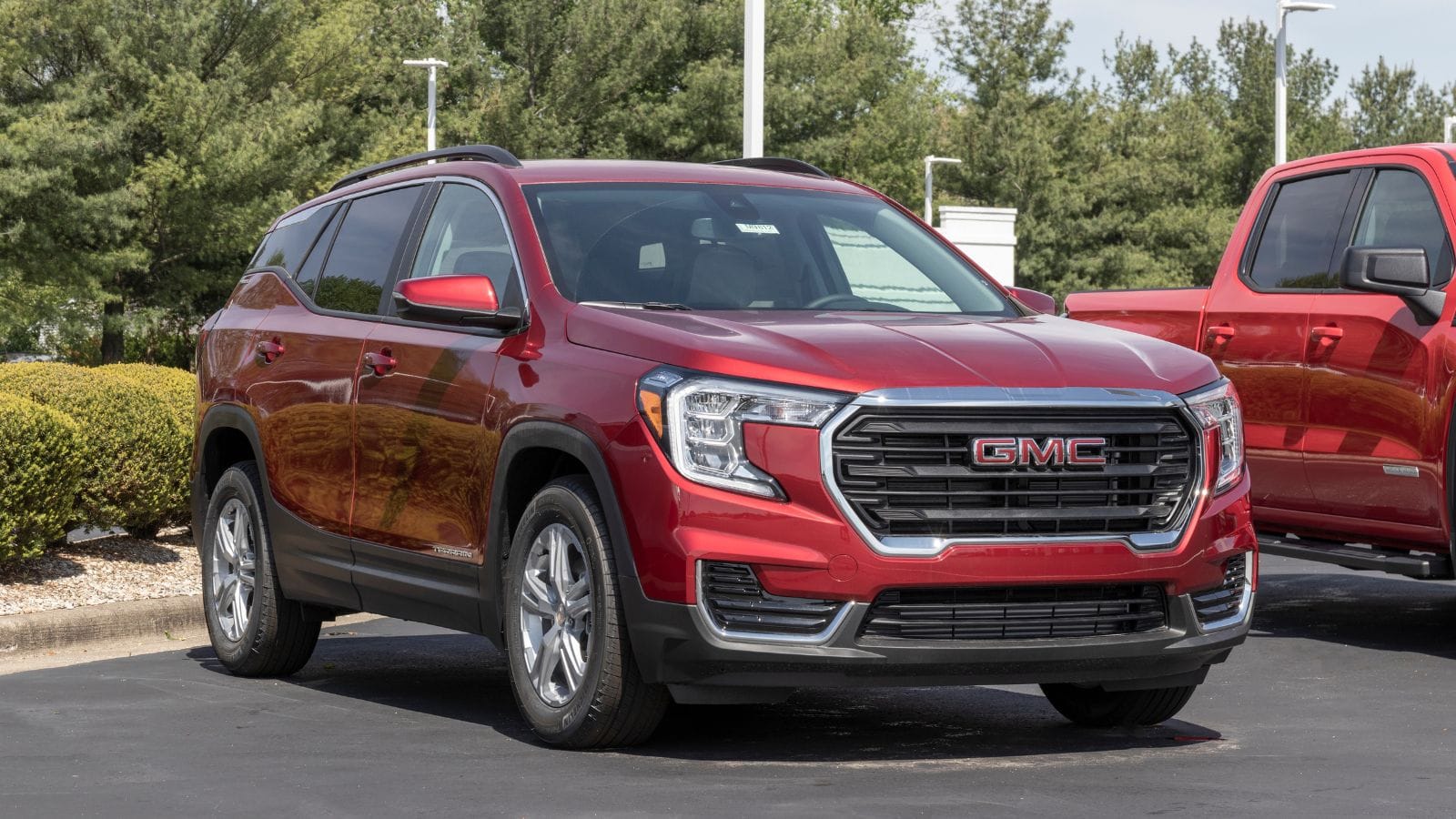
The GMC Terrain carved a niche in Canada as a family-friendly SUV with a rugged image and decent interior comfort. But as expectations for tech, safety, and performance have risen, the Terrain hasn’t kept up. Critics point to its outdated engine options and lackluster driving dynamics. Meanwhile, sibling brands like Chevrolet and Buick are offering better alternatives within the same price bracket. Add to that increased competition from Toyota, Honda, and Mazda, and it’s no surprise the Terrain is falling out of favor. Once a common sight on Canadian roads, its slide in sales has become hard to ignore.
